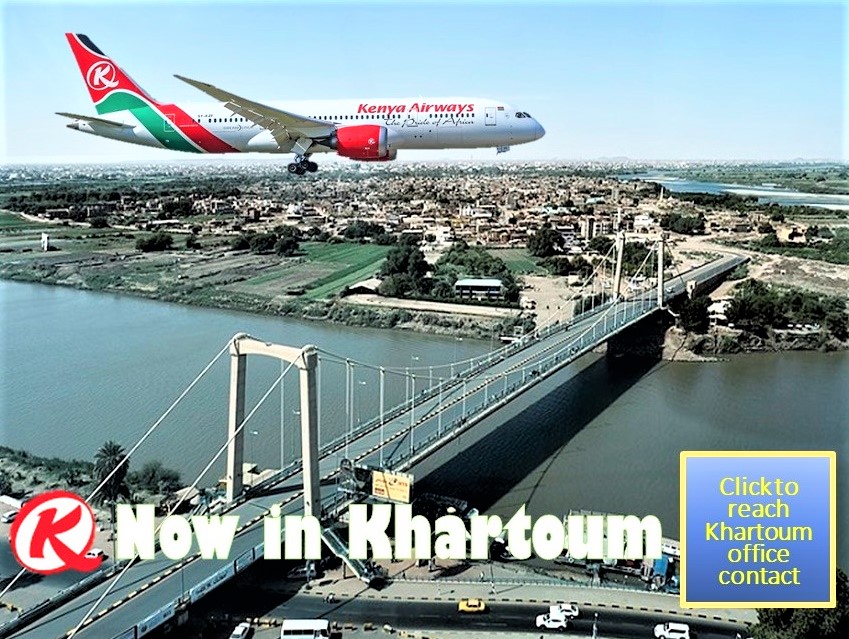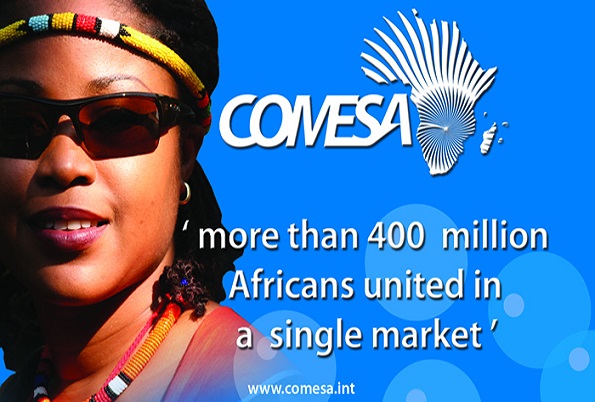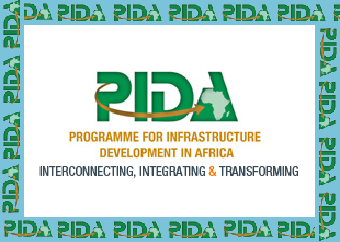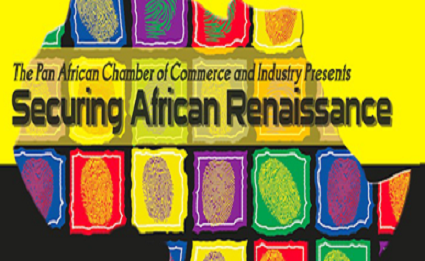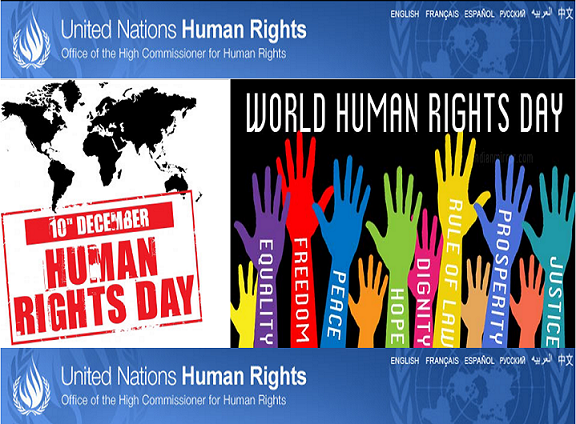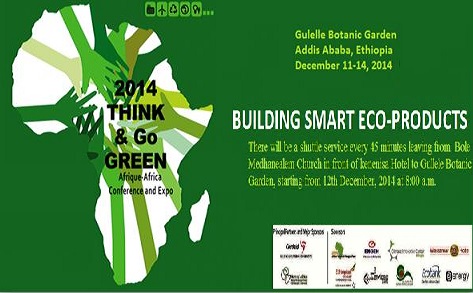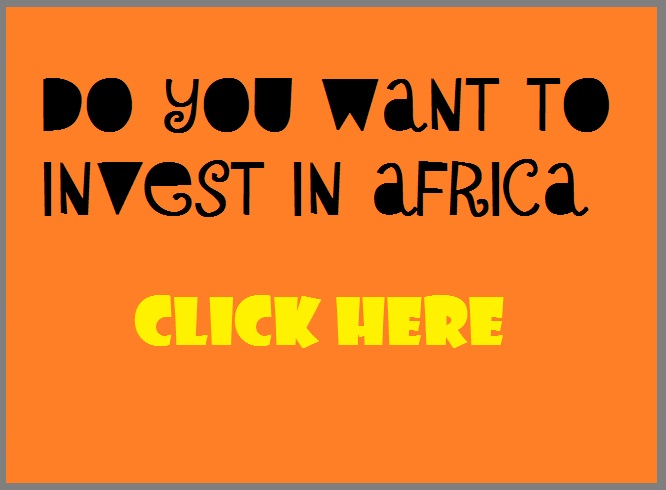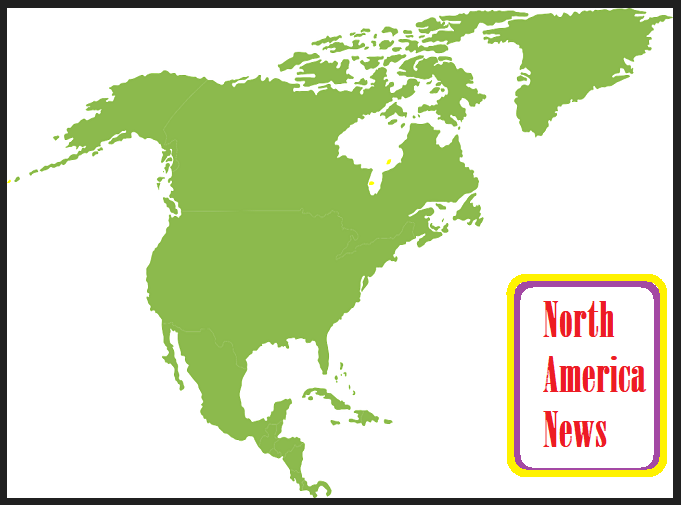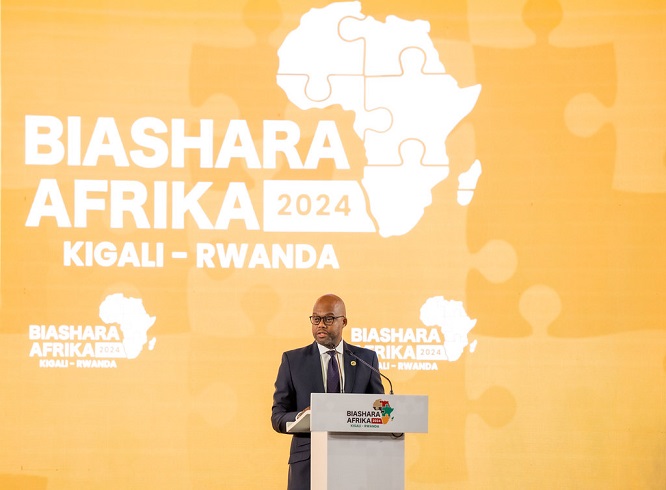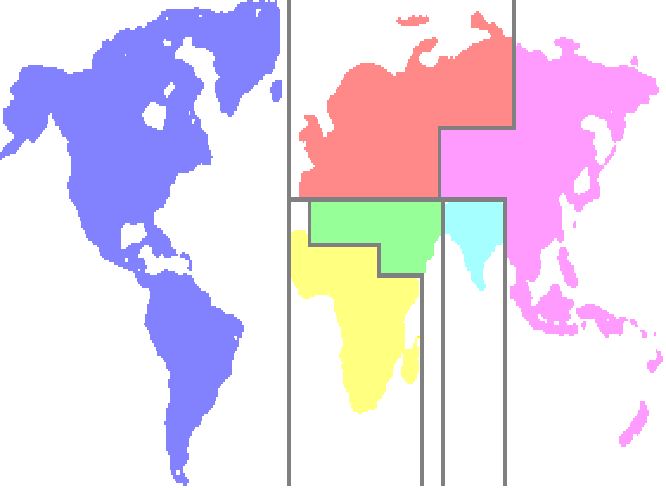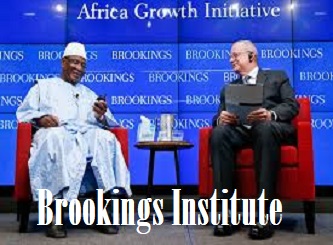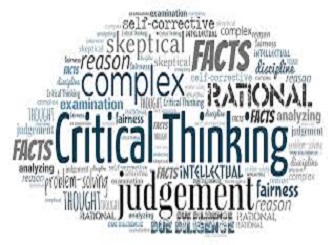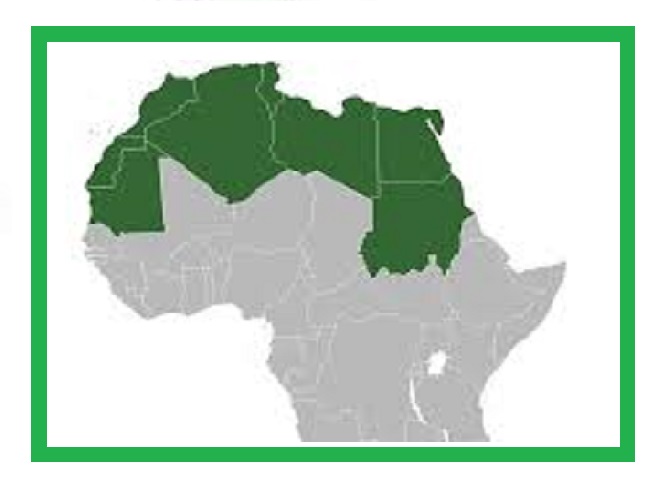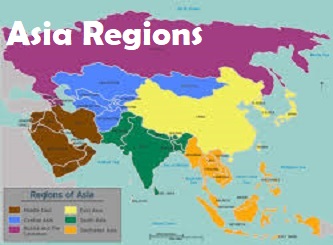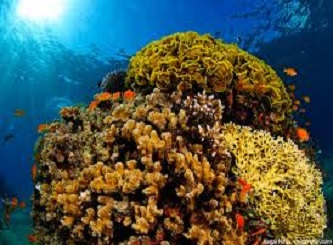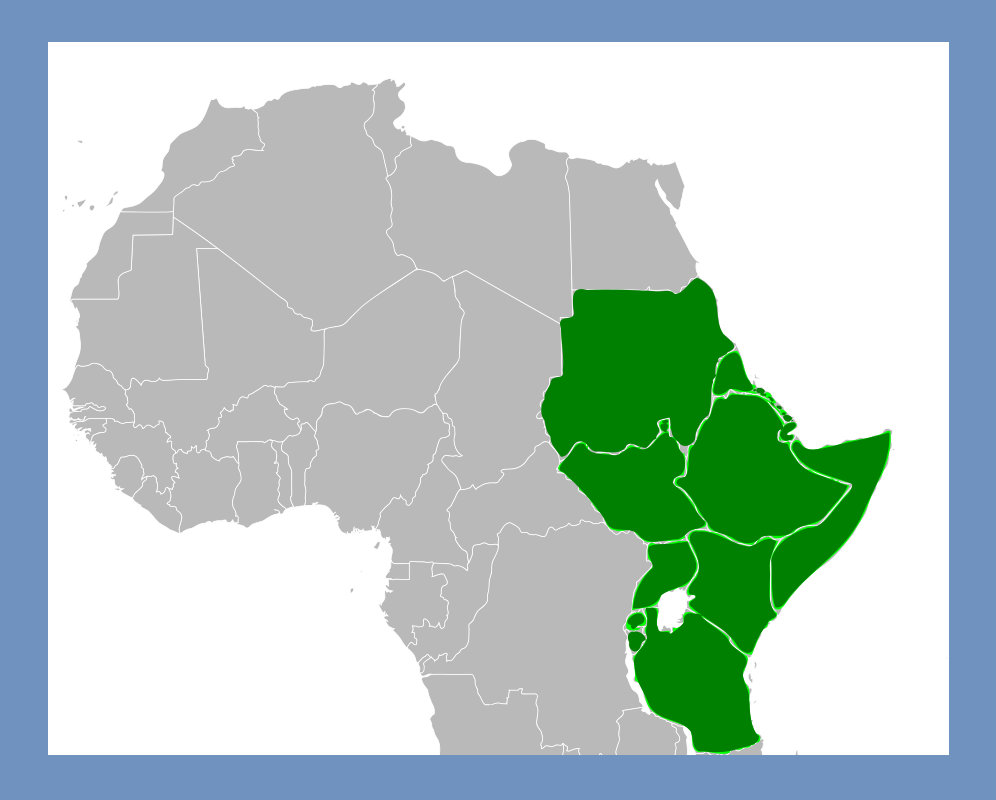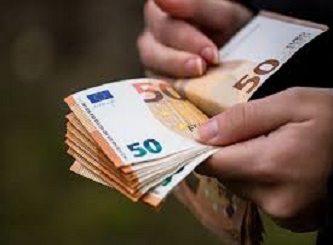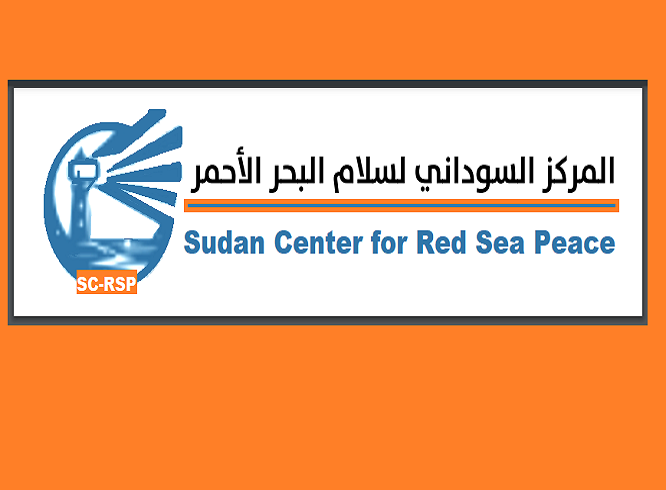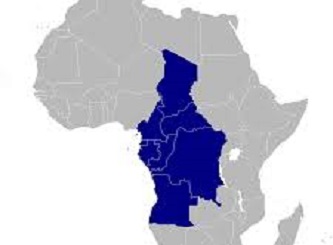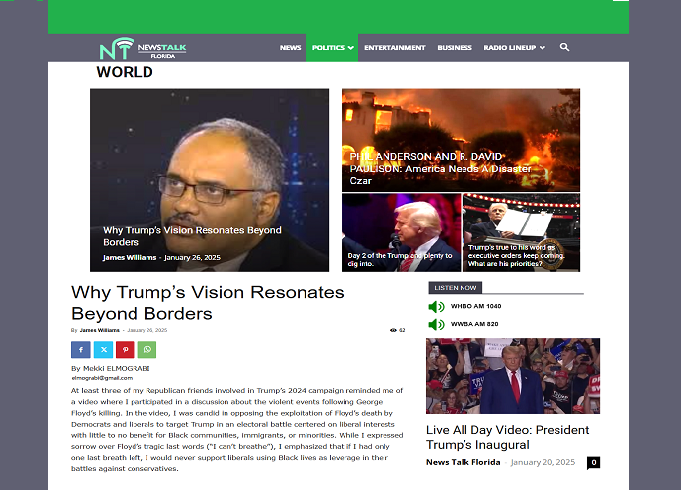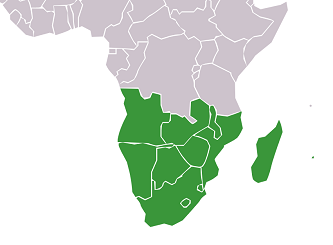Sudan: People still see the crisis as economic not political, Poll

Sudan: People still see the crisis as economic, not political, Poll
Expert suggests government lift subsidies, pay “Shock Allowance” to survive the crisis.
MC-Media Reports
It seems that President Omar Al-Basher and the Sudanese government will be able to pass the strongest protests in its history if hard economic decisions are taken. The wave started in December 2018 and went through January 2019 covering more than 20 cities and towns. A social media poll in Sudan shows that 79% prefer to read articles on “economic solutions” while 21% want to read articles on the current political crisis in the country. Mekki ELMOGRABI, a press writer on African issues and one of the strongest supporters to AfCFTA and African RECs responded to the poll on his page by writing three articles on economic solutions for Sudan, calling for lifting all subsidies “all of a sudden” and paying to public service “shock allowance”. He also called for a new approach to deal with interest-based loans and transactions in a country ban individuals from “usury” at the same time as issuing “fatwa of necessity” which is Islamic limited permission to cover developmental mega-projects case by case. Mekki called for a comprehensive approach to “deal with usury” but not to establish “usury-based economy”, he argued.
He explained the contradiction between the protests in streets and the poll, “People want to express their position on the political situation but they prefer to find out solutions for their country’s economy more than political fiery debates.” Mekki ELMOGRABI indicated that there is a big gap between what people want to say and what want to hear. “Currently, the government can survive the crisis through smart and strong economic reforms”, he added.
Mekki, against protesters and the government at the same time, calls for adapting the Sudanese economy completely with free economy policies in “one step, one shock, one battle” not slowly and gradually, generating ideas to absorb the big shock not to try to break it down into small shocks, “tension will not allow you sometimes to do that”. The “shock allowance” suggested by Mekki is six times the salary at “one-time payment”. Mekki also defended companies and business owners against slogans raised by protesters and even among ruling party grassroots “confiscate capitals of the thieves” under the umbrella of combating corruption. Mekki said the government should avoid this aggressive and destructive wave of combating corruption, “decisions made just to respond to public tension could be disastrous more the tension itself”, he warned. Instead of combating corruption, Mekki proposed “Addressing Reasons of Corruption” by compromise and third-way solutions, “It is high time to dismantle the socialist mentality of tying wealth with corruption; this is a precondition to combating corruption.” he said. The African expert, strongly criticized the socialist approach, “Combating corruption according to this mentality is just taking owners of businesses to jail through arbitrary trials, portraying them as evil people while the country needs policies that encourage investment”, he wrote. He argued that it is possible to address the sources and reasons of corruption, but not combating corruption because the dominating socialist mentality will hijack the campaign and drive the country to Hell.
Sudan is the destination for refugees from eight countries, hosting more than 800,000 refugees from South Sudan. Mekki ELMOGRABI emphasized that stability of Sudan is important for three regions: East Africa, Central Africa, and the Middle East not just for the Sudanese government. “Sudan receives a daily influx of refugees along its borders, sharing with them limited resources in an uneven economic situation,” Mekki said. The government has exerted efforts on behalf of the international community to combat human trafficking and illegal migration to Europe, Libya, Egypt, and Israel. However, Sudan has a unique experience and “homegrown solutions,” such as hosting refugees in villages and cities among citizens instead of isolated camps that sometimes complicate the humanitarian situation and prolong conflicts.
World Bank data on Sudan shows figures of $117 billion GDP and 40 million for the population for the year 2017. Sudan, with its unique position at the crossroads of Sub-Saharan Africa and the Middle East and with 84 million hectares of arable land, has only less than 30% of the land cultivated. Sudan’s huge potentials and opportunities are mainly in sectors of agricultural production and processing, meat processing and various light industries located in the 15 Industrial and free trade areas in Sudan. The country also can benefit from cross-border trade and transit with four landlocked neighbors; Chad, Central Africa, South Sudan, and Ethiopia.
Although Sudan produces oil and gold, agriculture remains the most vital sector, because it employs 80% of the workforce and contributes 35% of GDP.
Sudan’s capital and the top commercial and industrial city Khartoum lies at the confluence of the White and Blue Niles. It is well connected by roads to all main cities in the country. Although Sudan suffered from sanctions for almost two decades, the country has a developed infrastructure comparable to most of East African countries.
In September 2012, the country’s first gold refinery was opened; it is speculated to be one of the largest in Africa.
Until the second half of 2002, Sudan’s economy boomed on the back of increases in oil production, high oil prices, and large inflows of foreign funds and investments. GDP growth registered more than 10% per year in 2006 and 2007. Currently, Sudan is facing high inflation rates and scarcity in some essential commodities caused by subsidies and other factors.
Sudan is an active member in COMESA and IGAD. The ministry of trade is carrying out a study to join AfCFTA.
UN reports on refugees in Sudan:
The United Nations High Commissioner for Refugees (UNHCR) published on its website brief on Sudan’s efforts in hosting refugees, the official website says:
Sudan has a long-standing tradition of hosting refugees. For decades, it has kept its doors open to people fleeing war, hunger, and hardship. It continues to host refugees from Eritrea, Syria, Yemen, Chad and other countries. Importantly, Sudan is one of the major hosting countries for refugees fleeing the deadly conflict in South Sudan.
South Sudanese refugees benefit from the government’s extension of certain freedoms, including the freedom to work and to move, and from the generous support given by the host communities despite visibly being under immense pressure to share already scarce resources.
UNHCR has appealed for Sudan’s contribution to be matched with international solidarity and resources. Much more donor support is required so that we can help the hundreds of thousands of refugees in the country and the communities hosting them.
#END#
Read article:
https://mekkicenter.com/sudan-people-still-see-crisis-as-economic-not-political-poll/
Sudan: People still see crisis as economic not political, Poll

